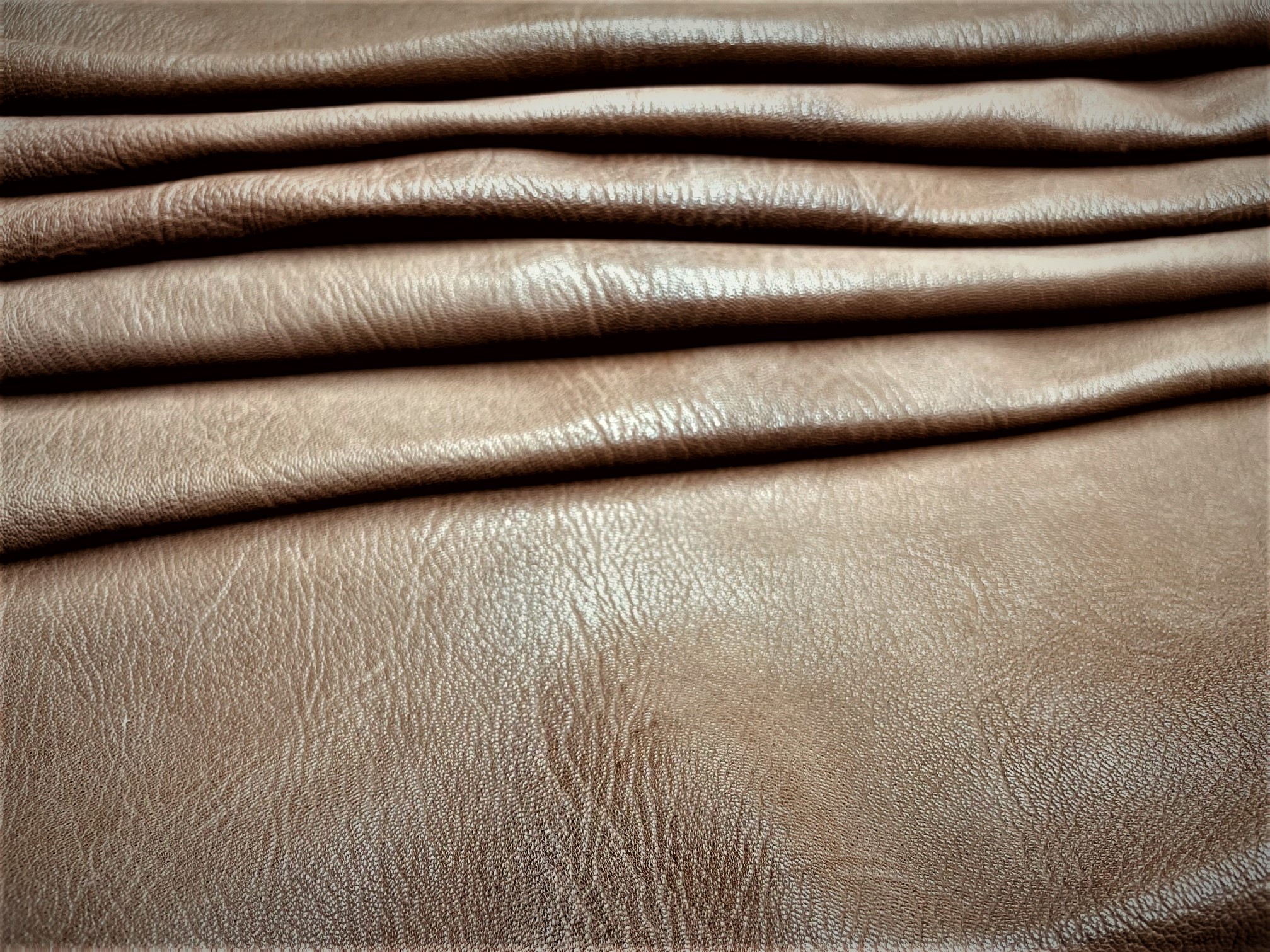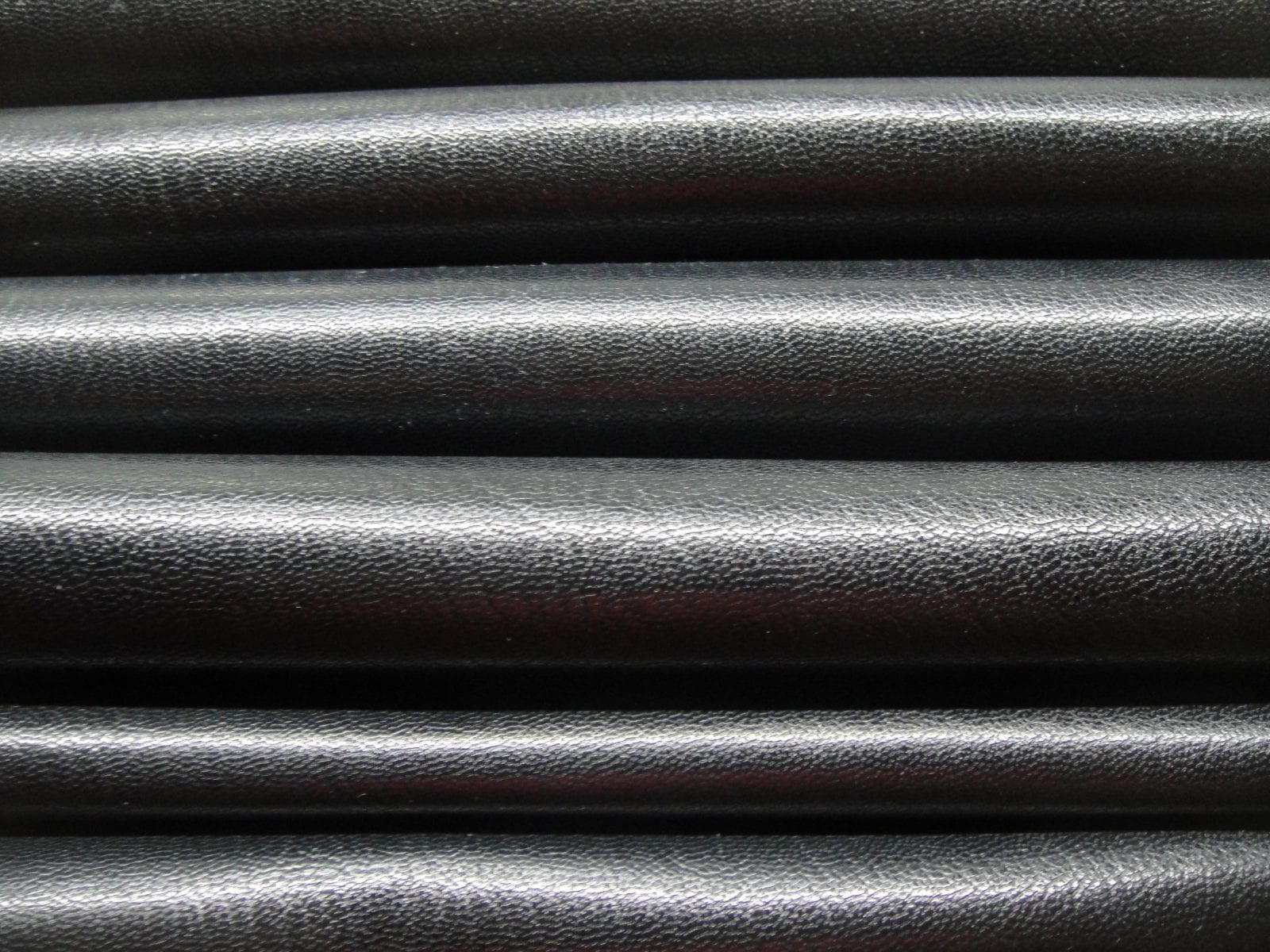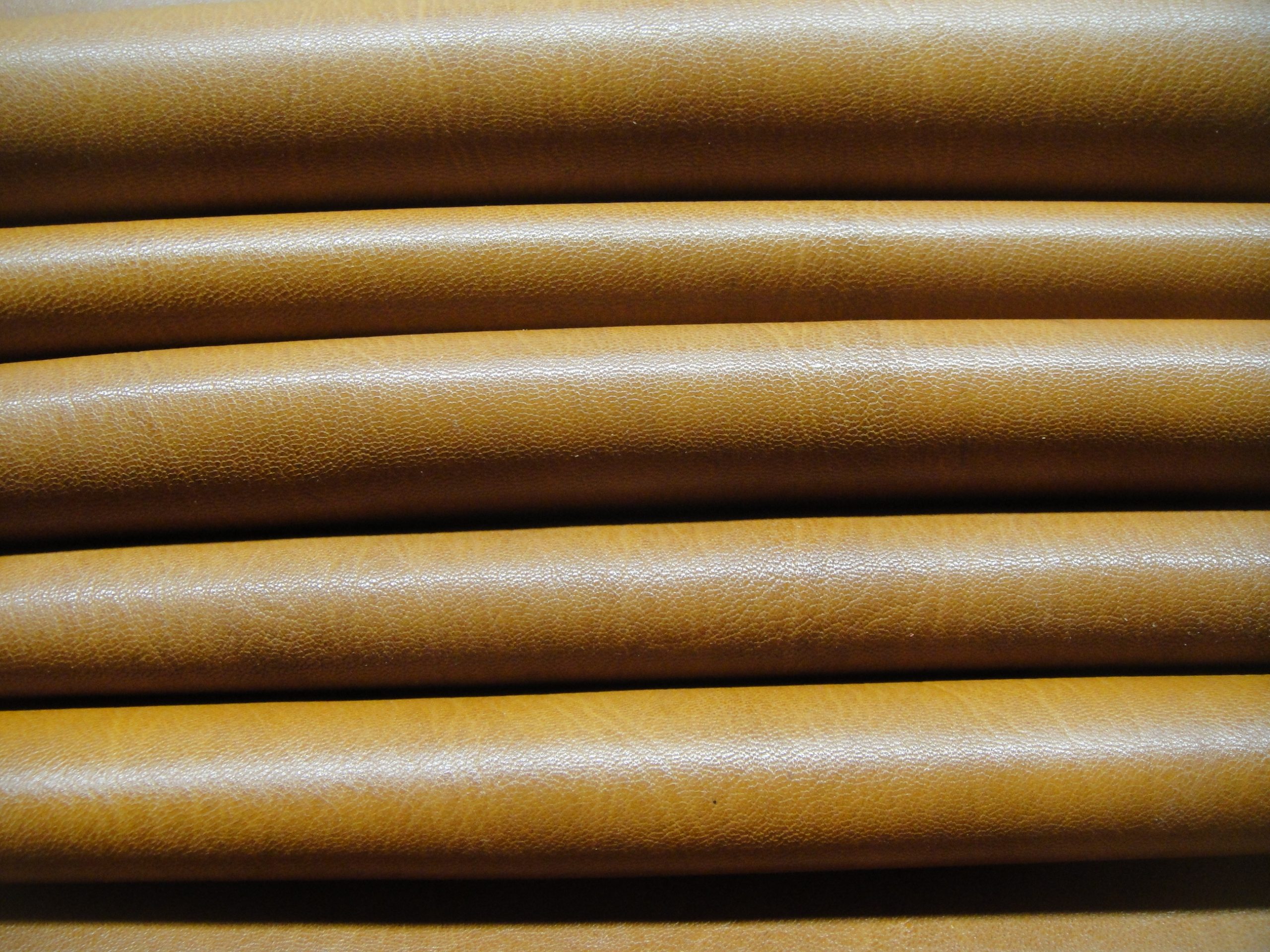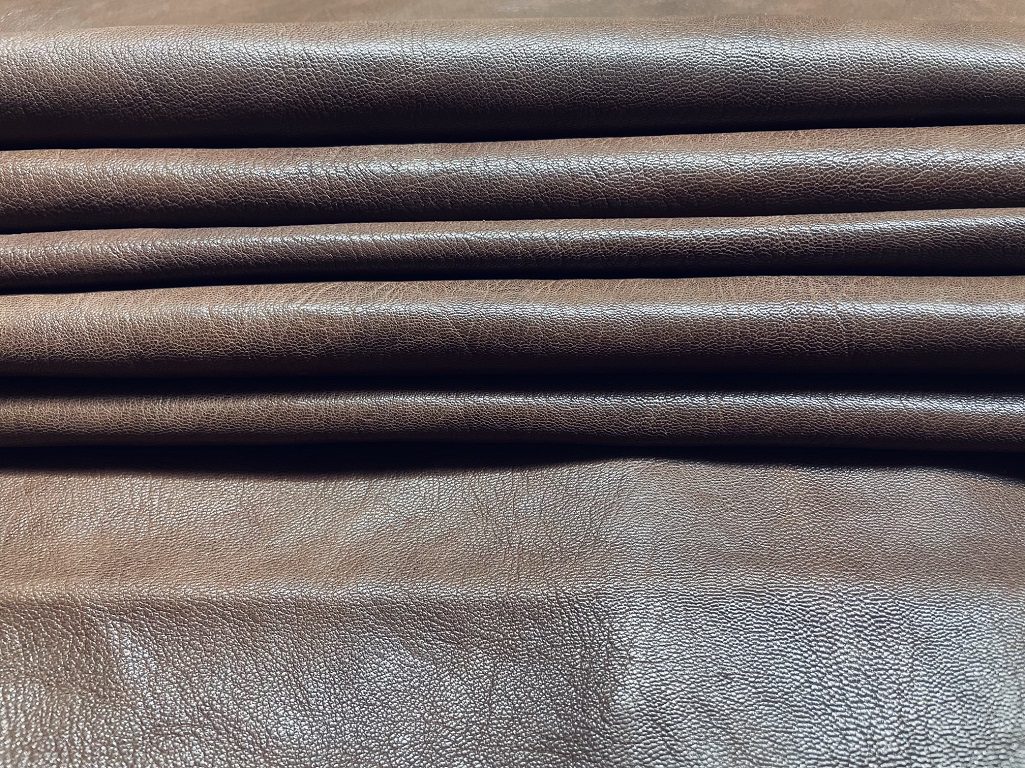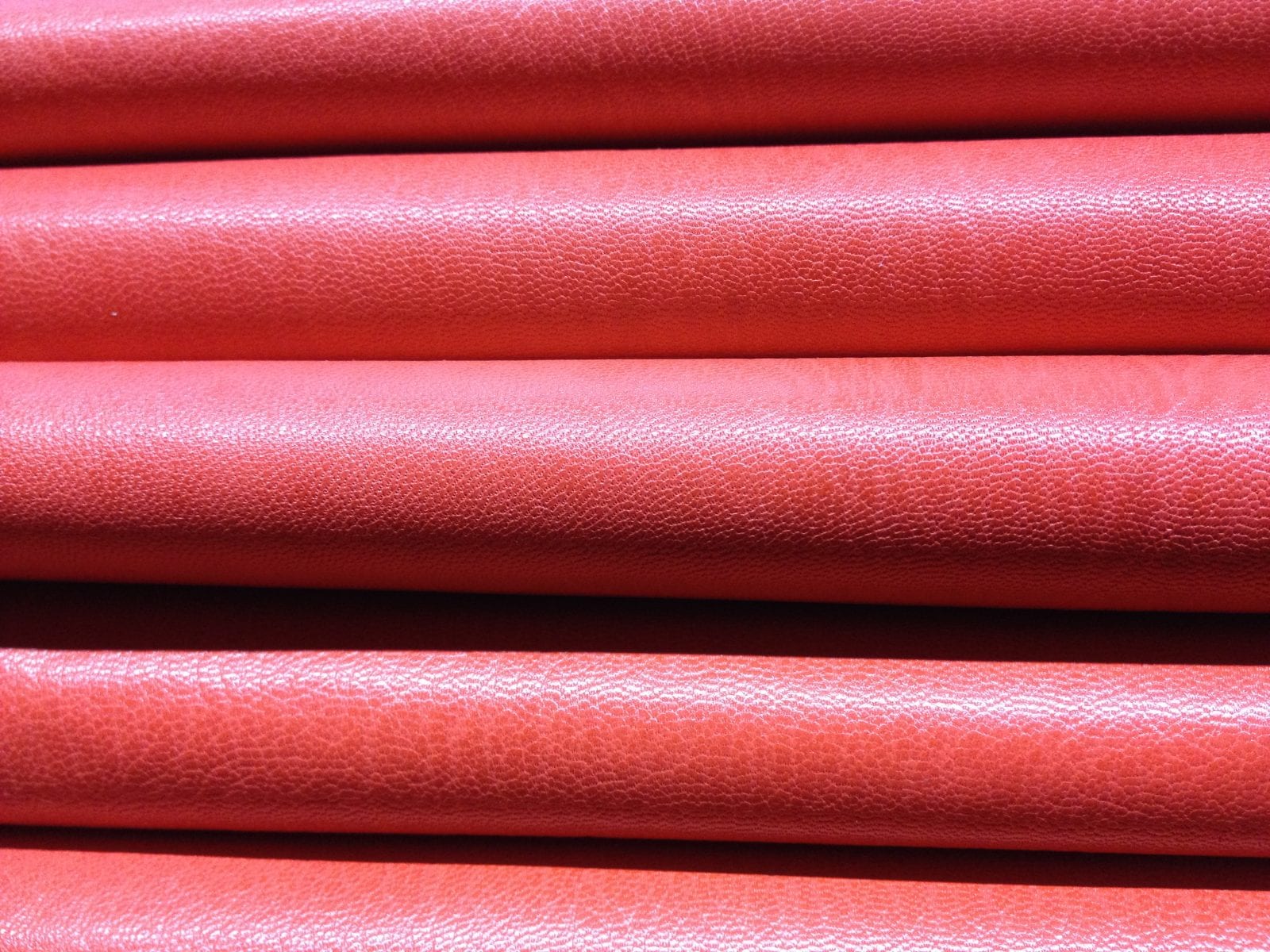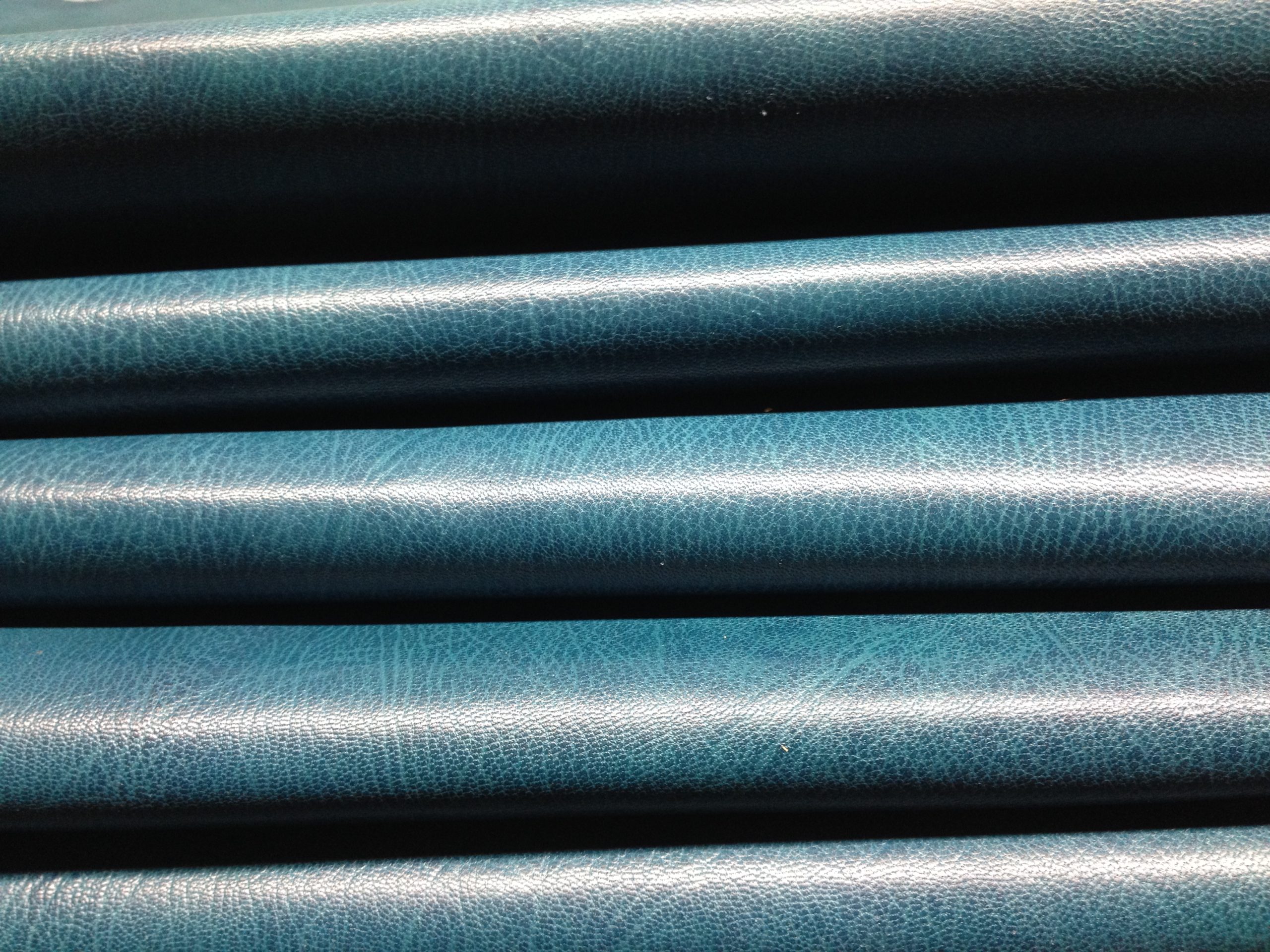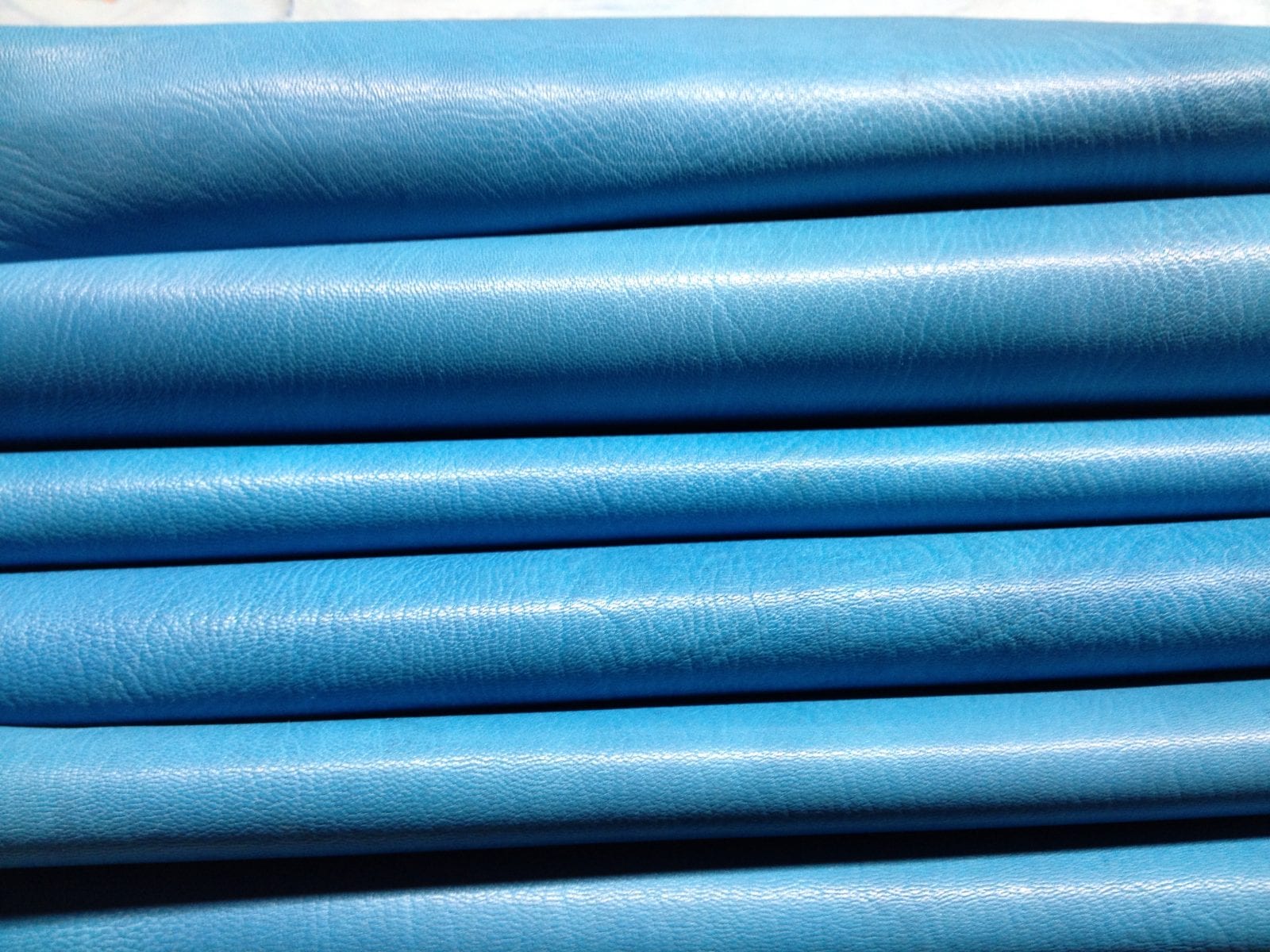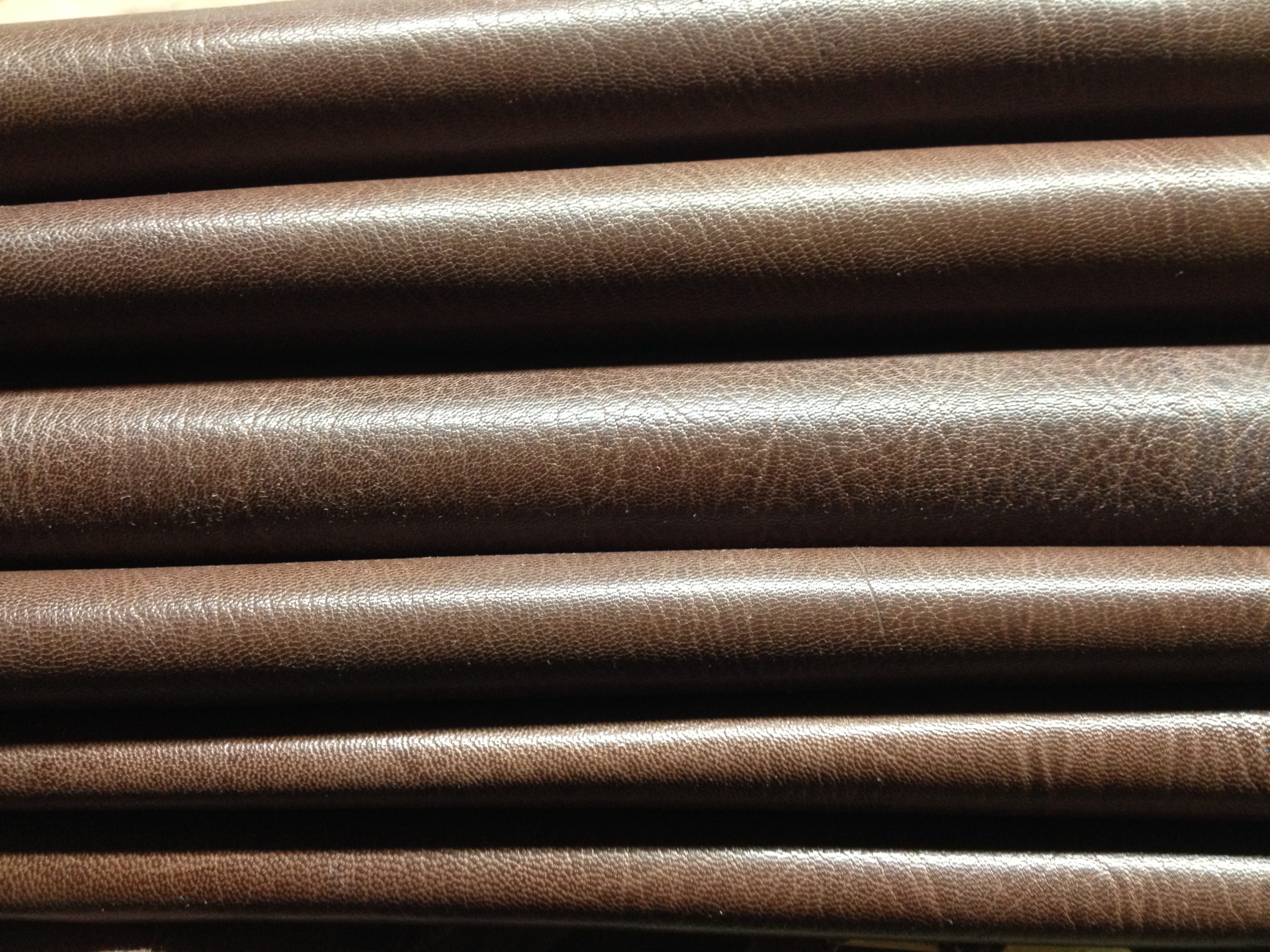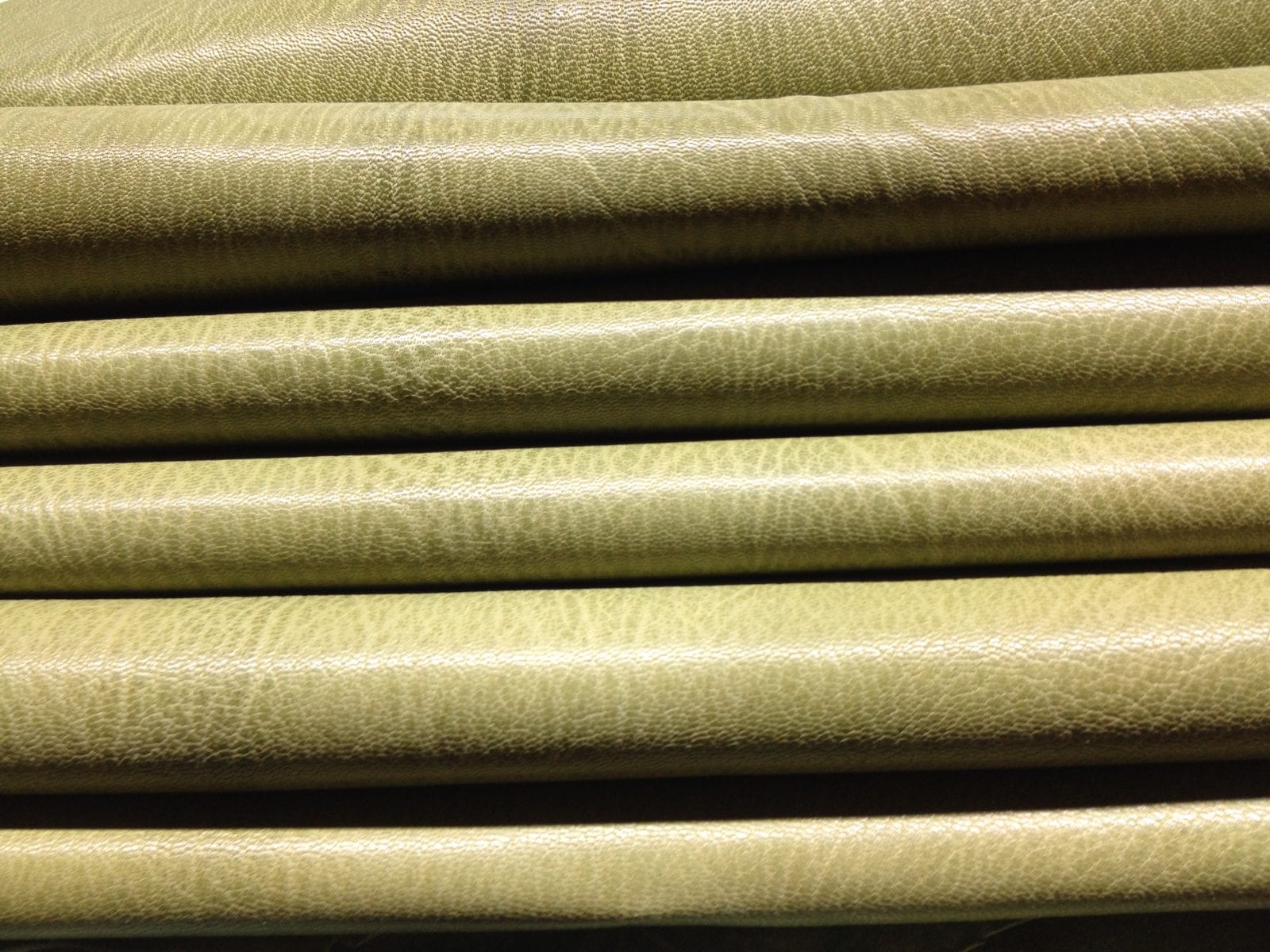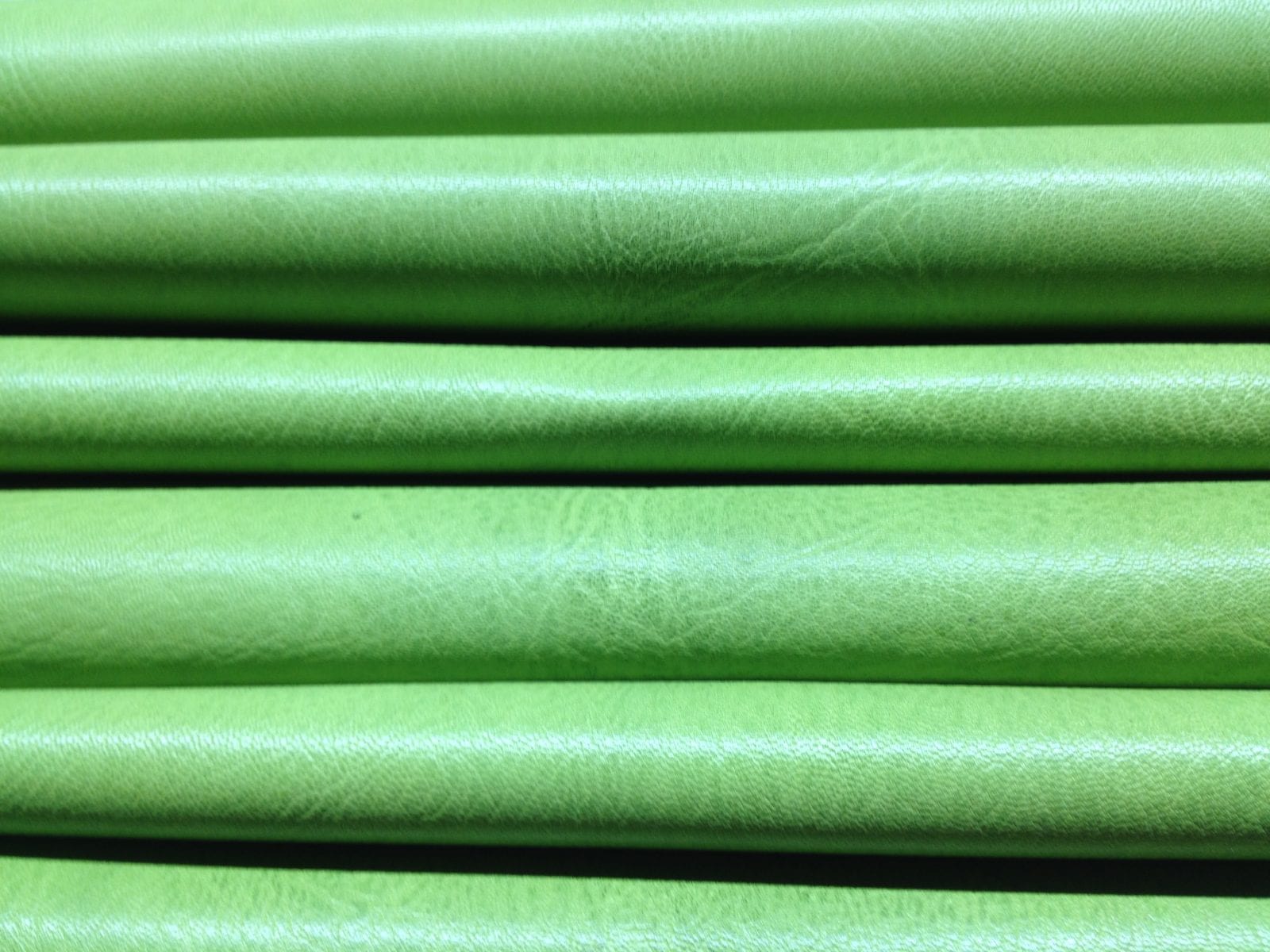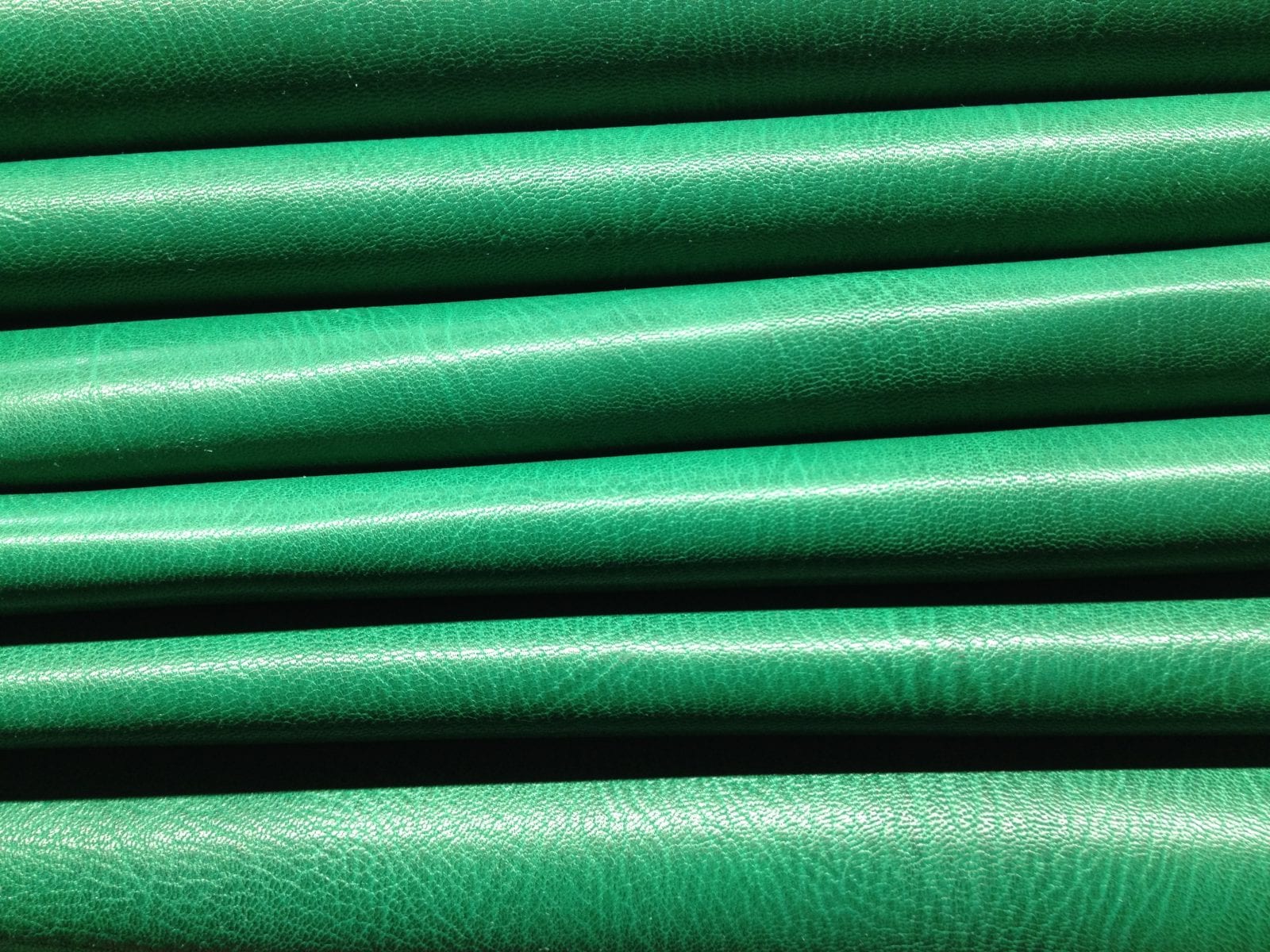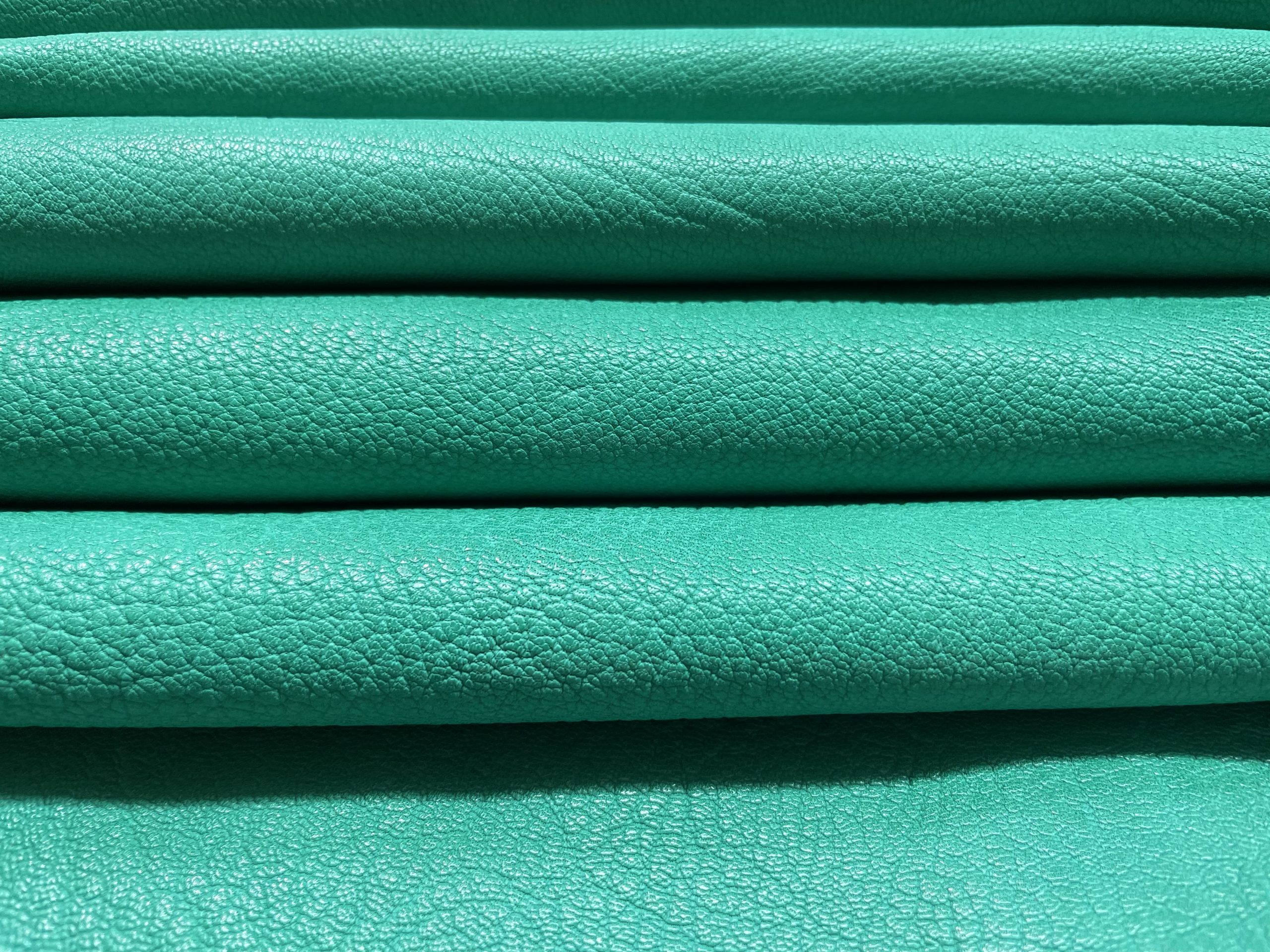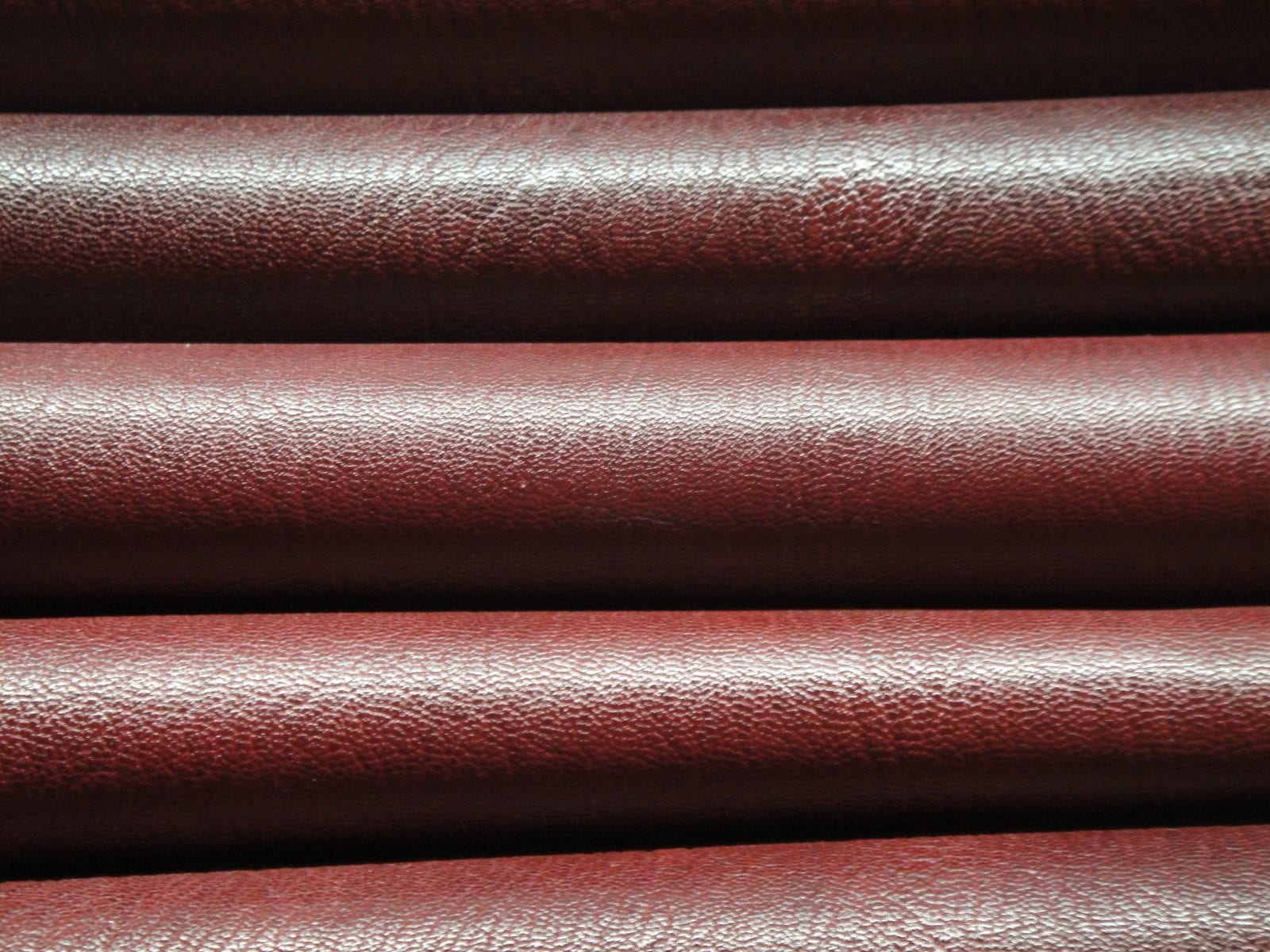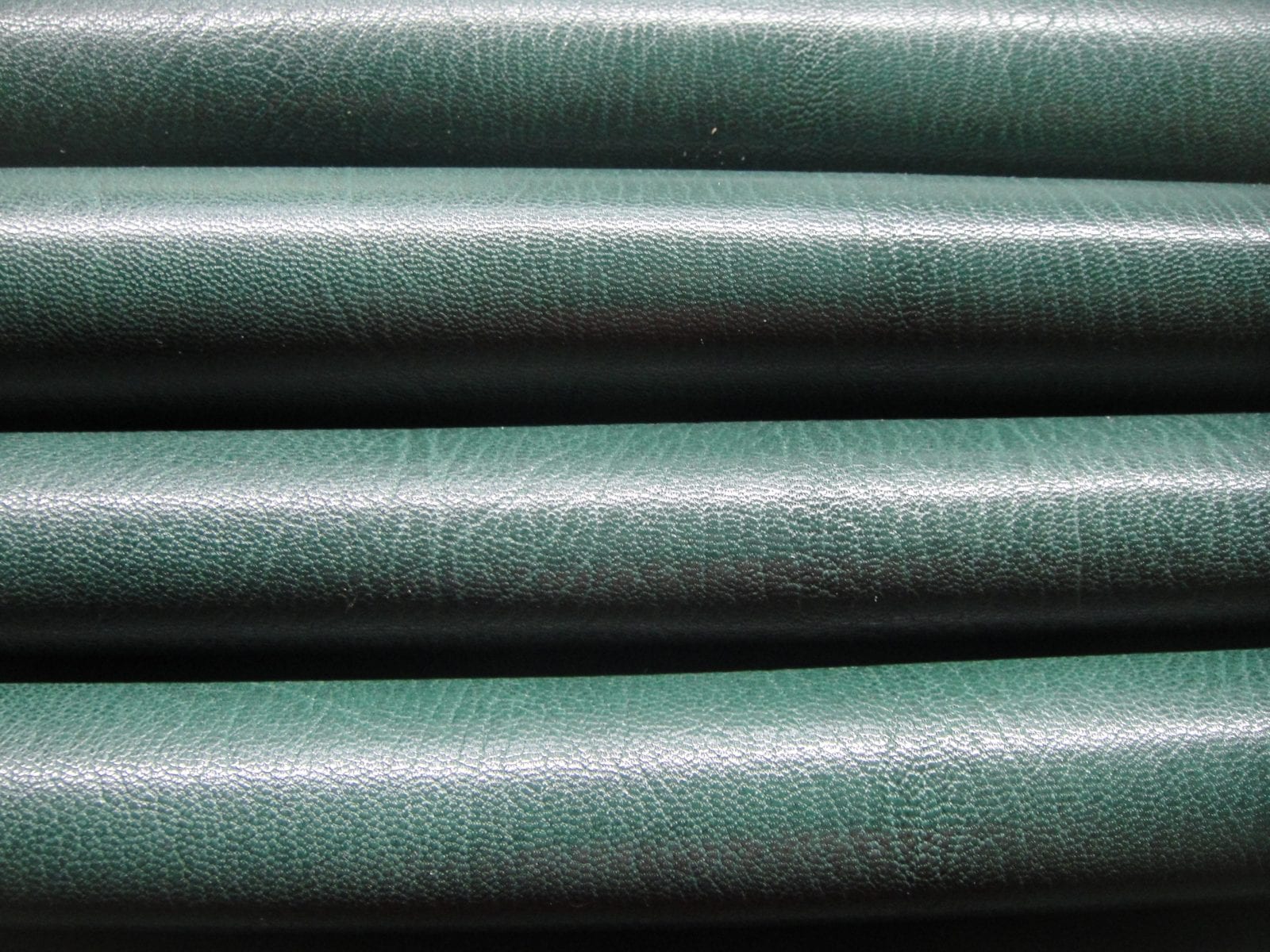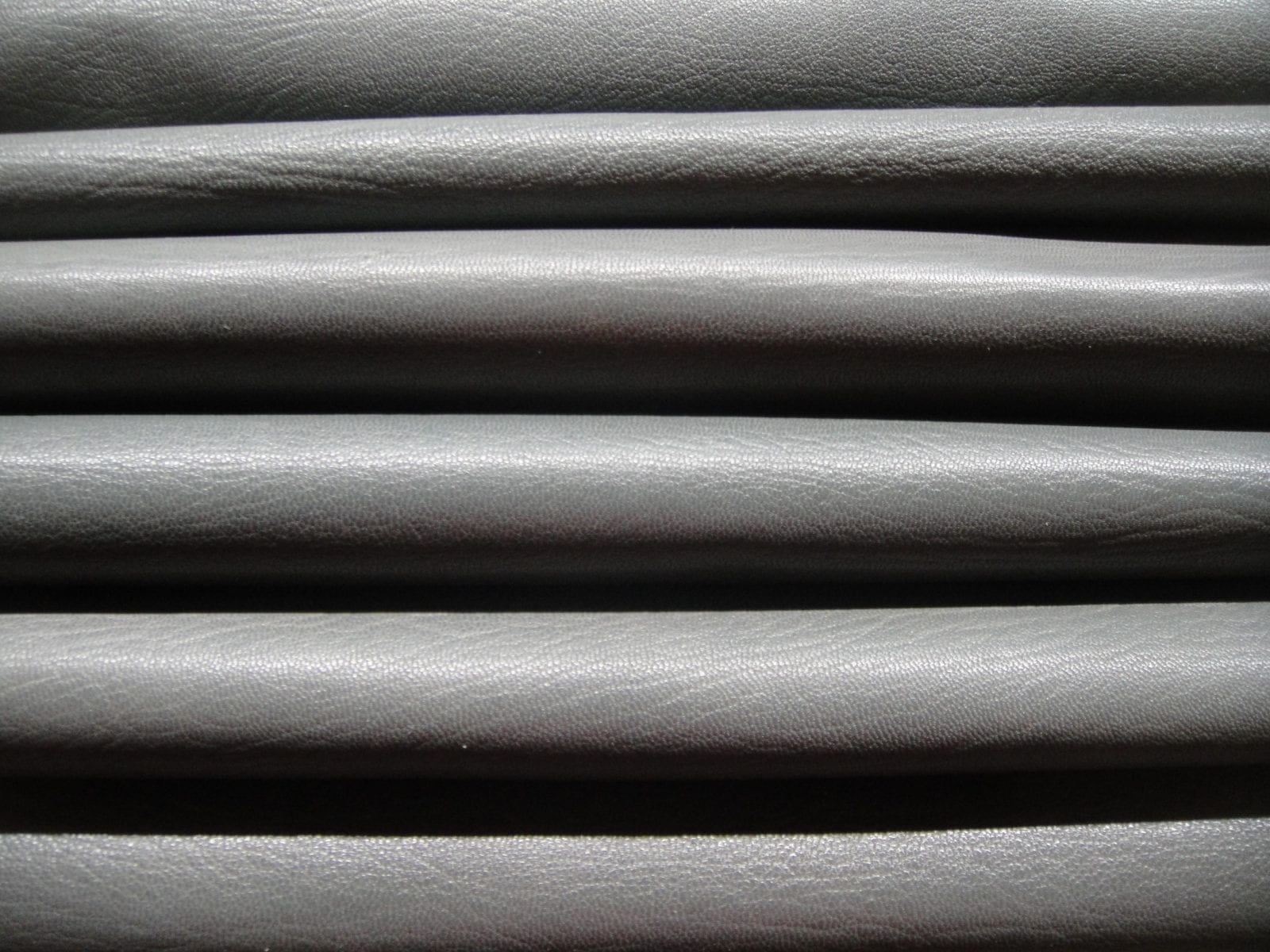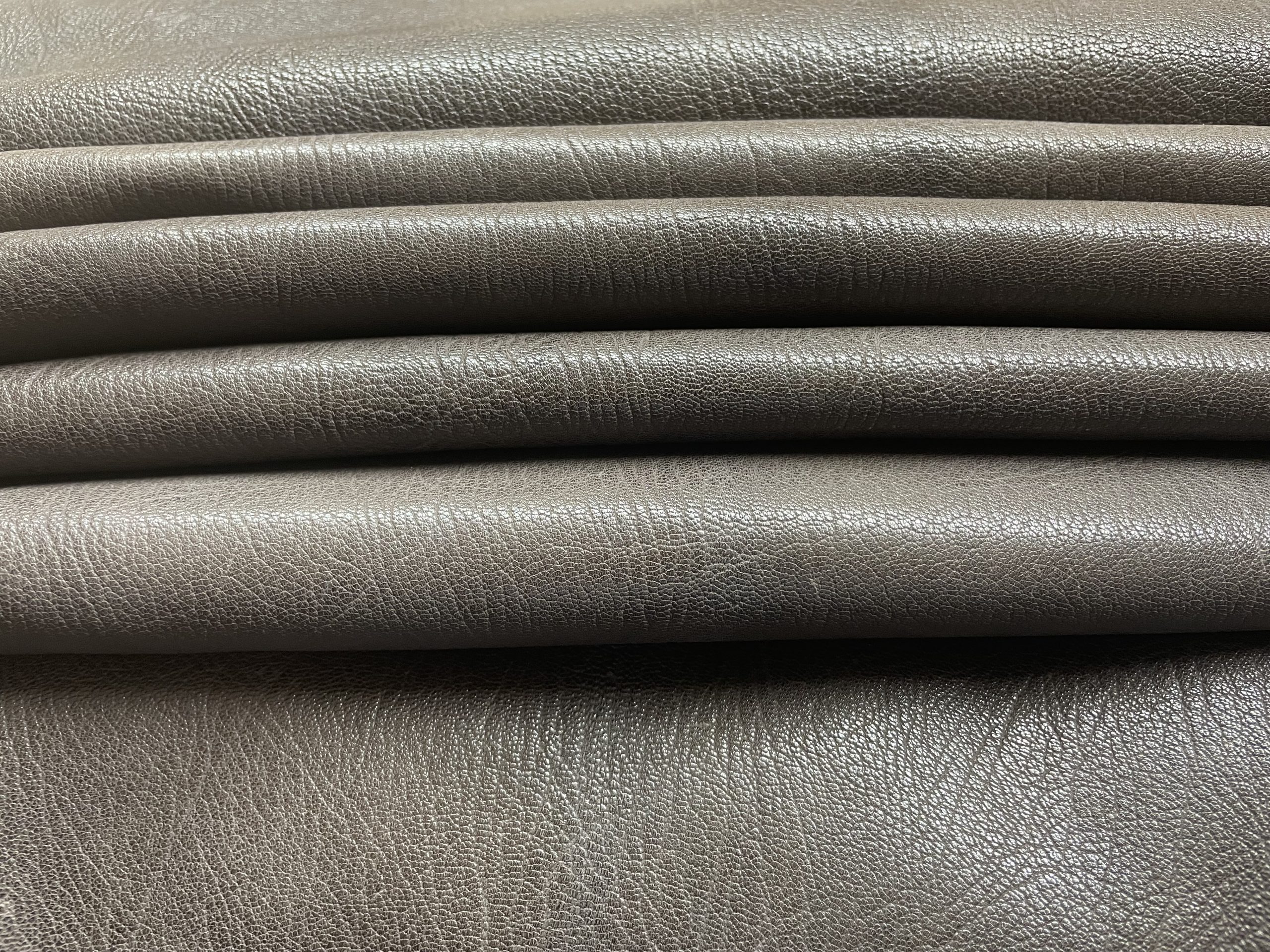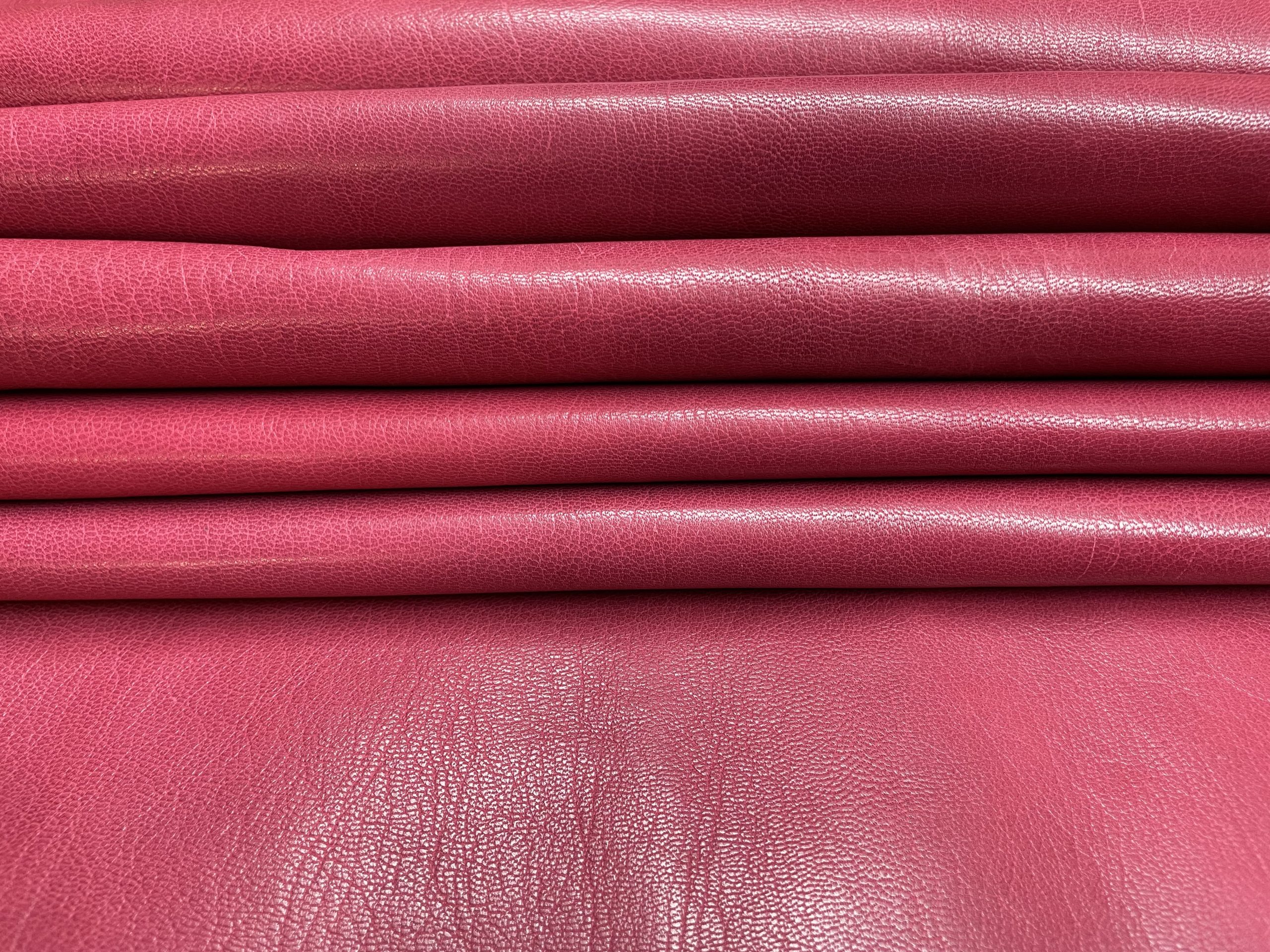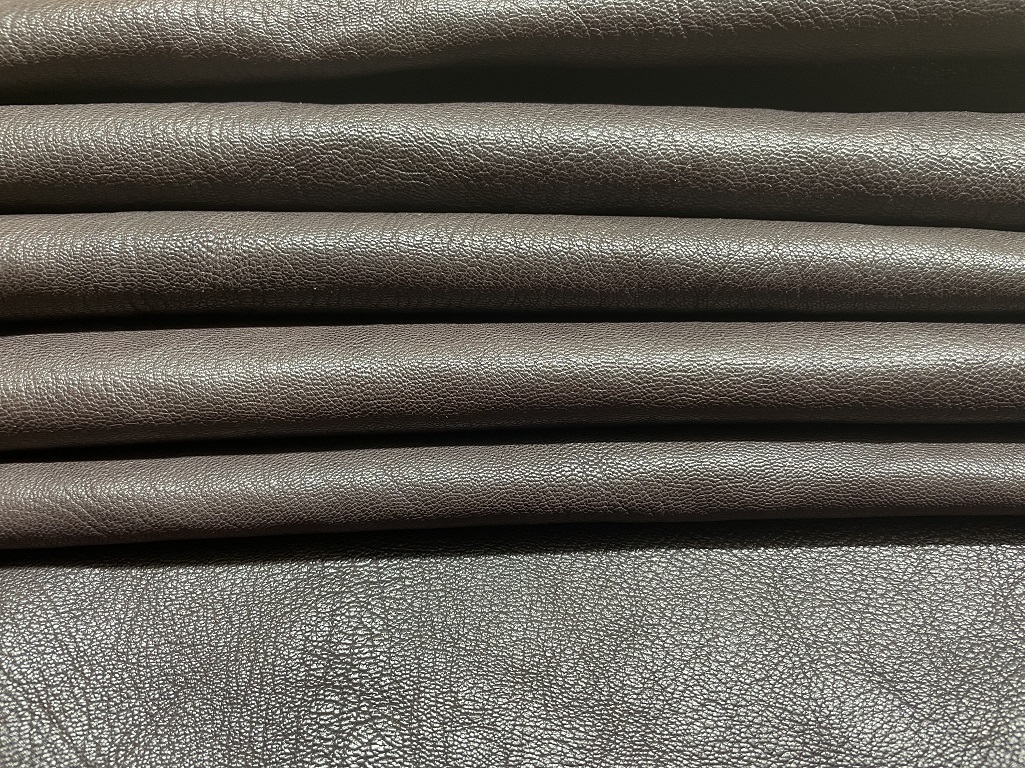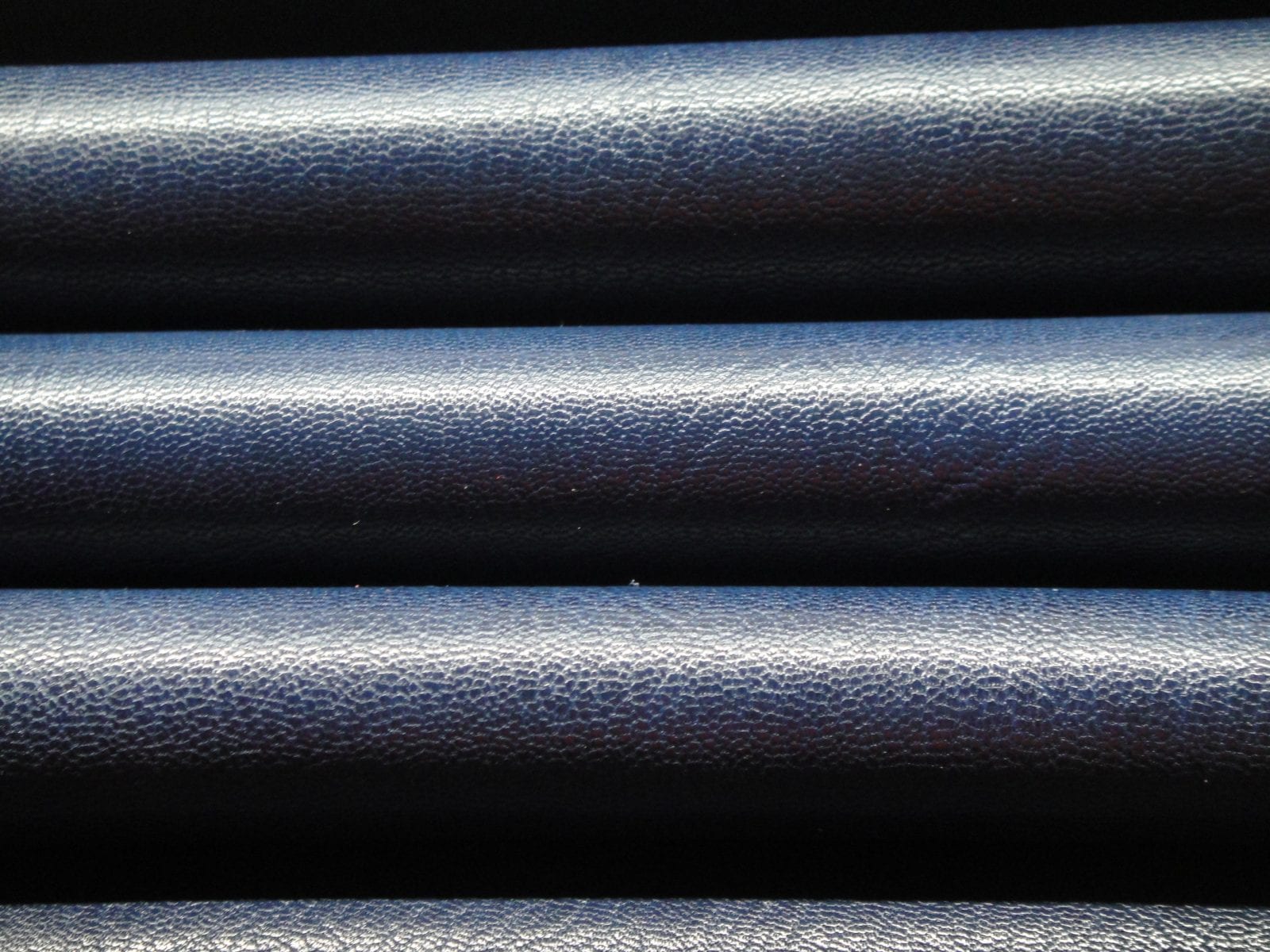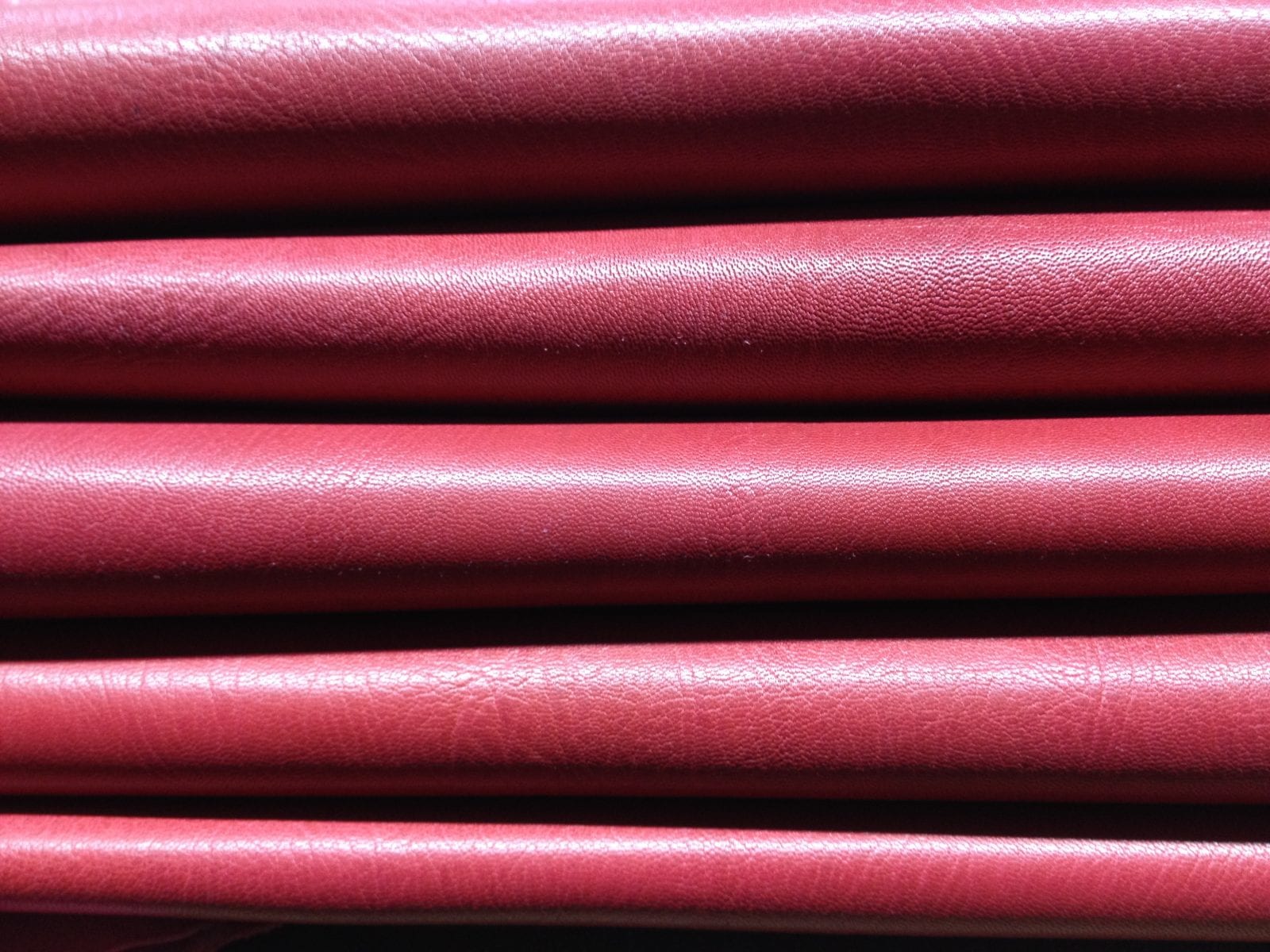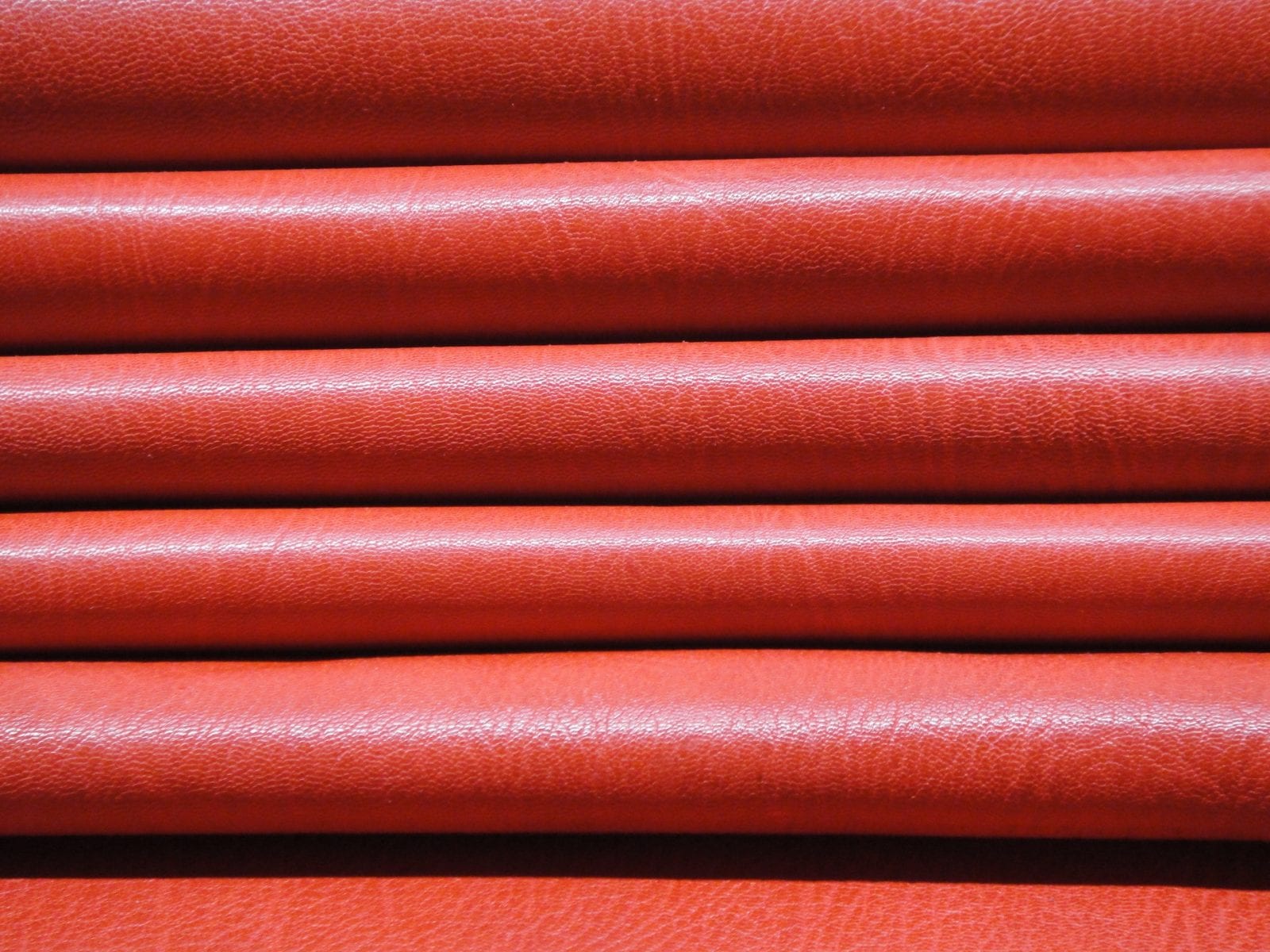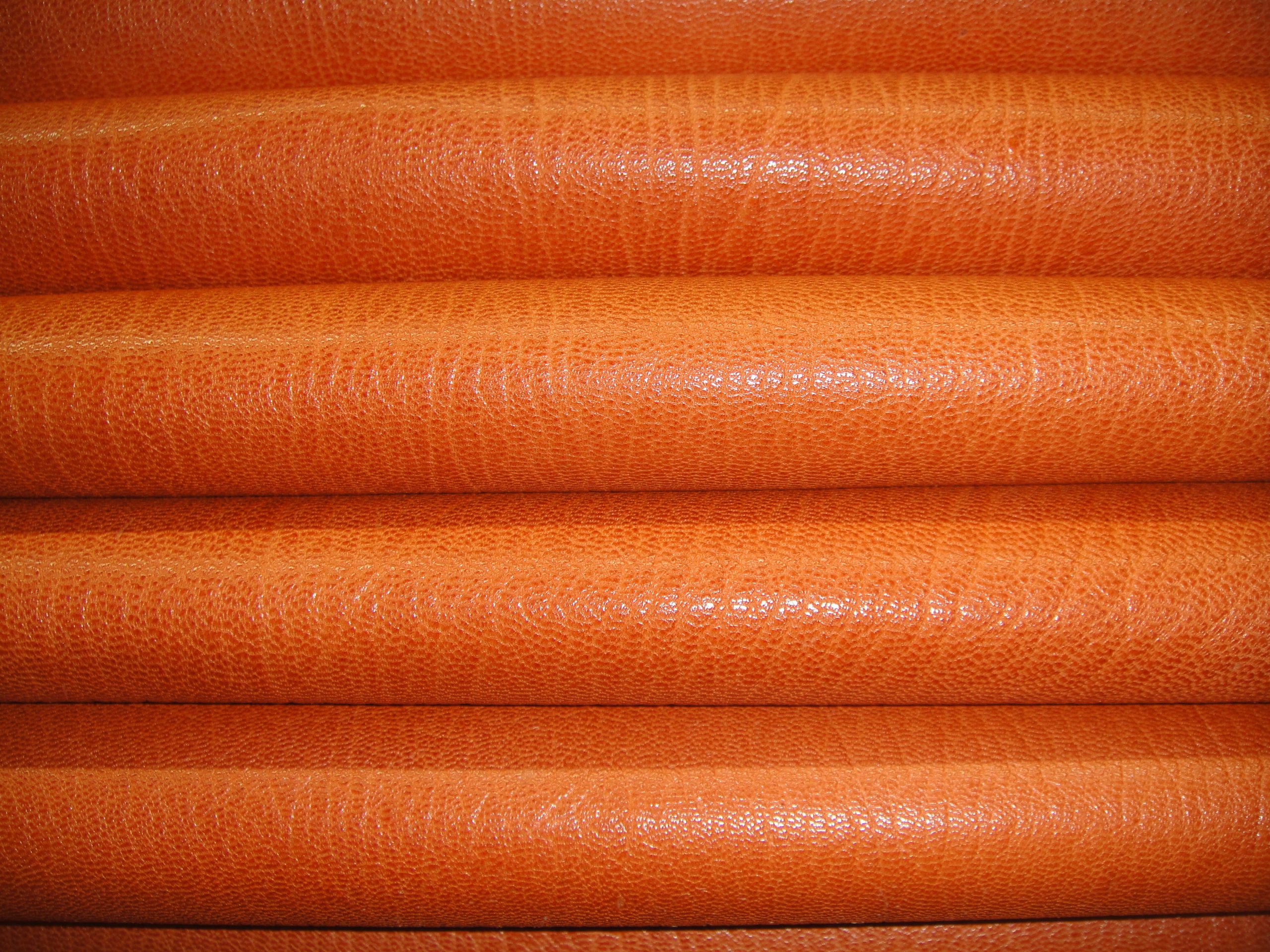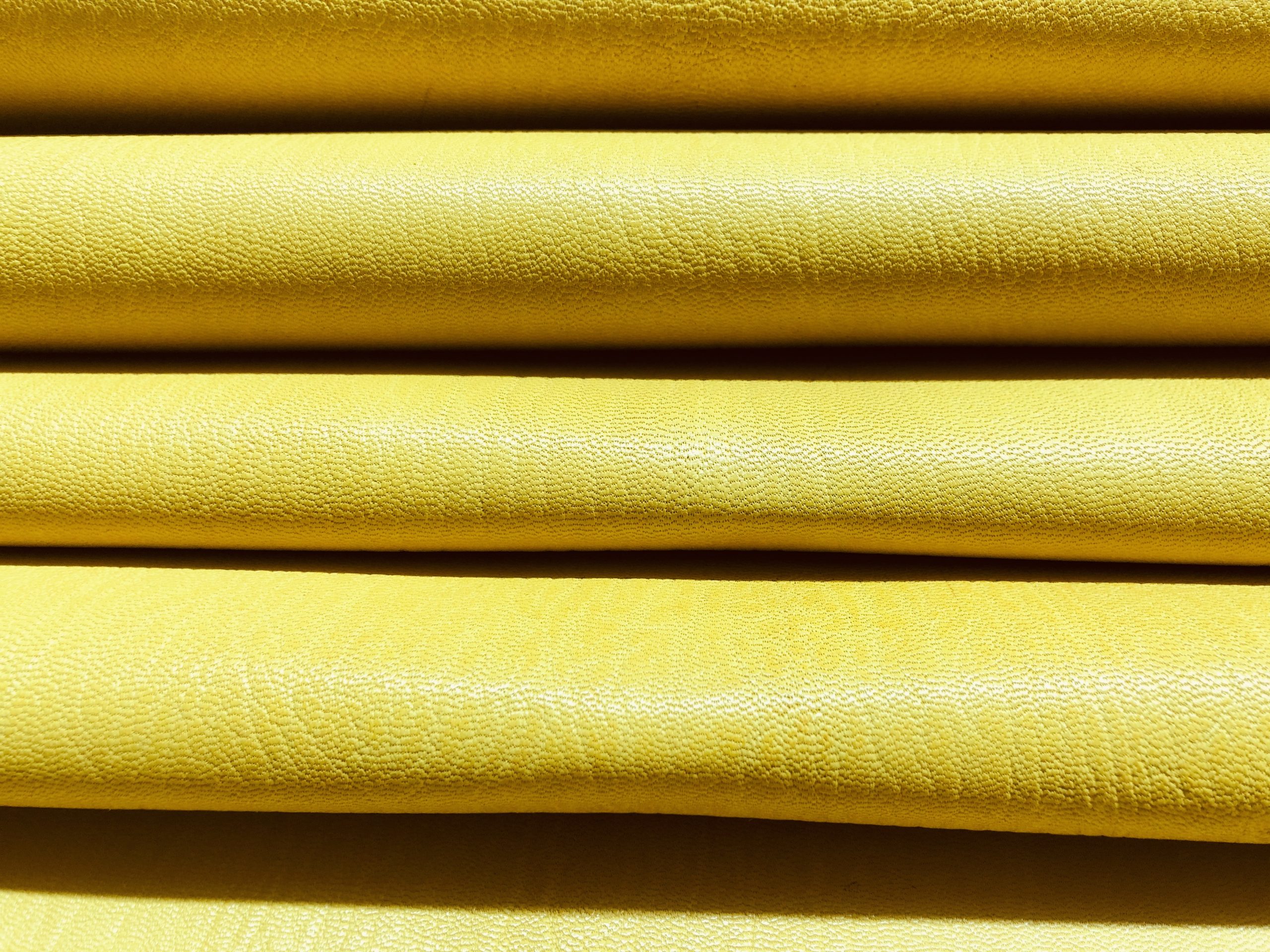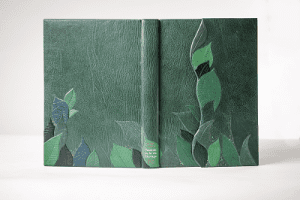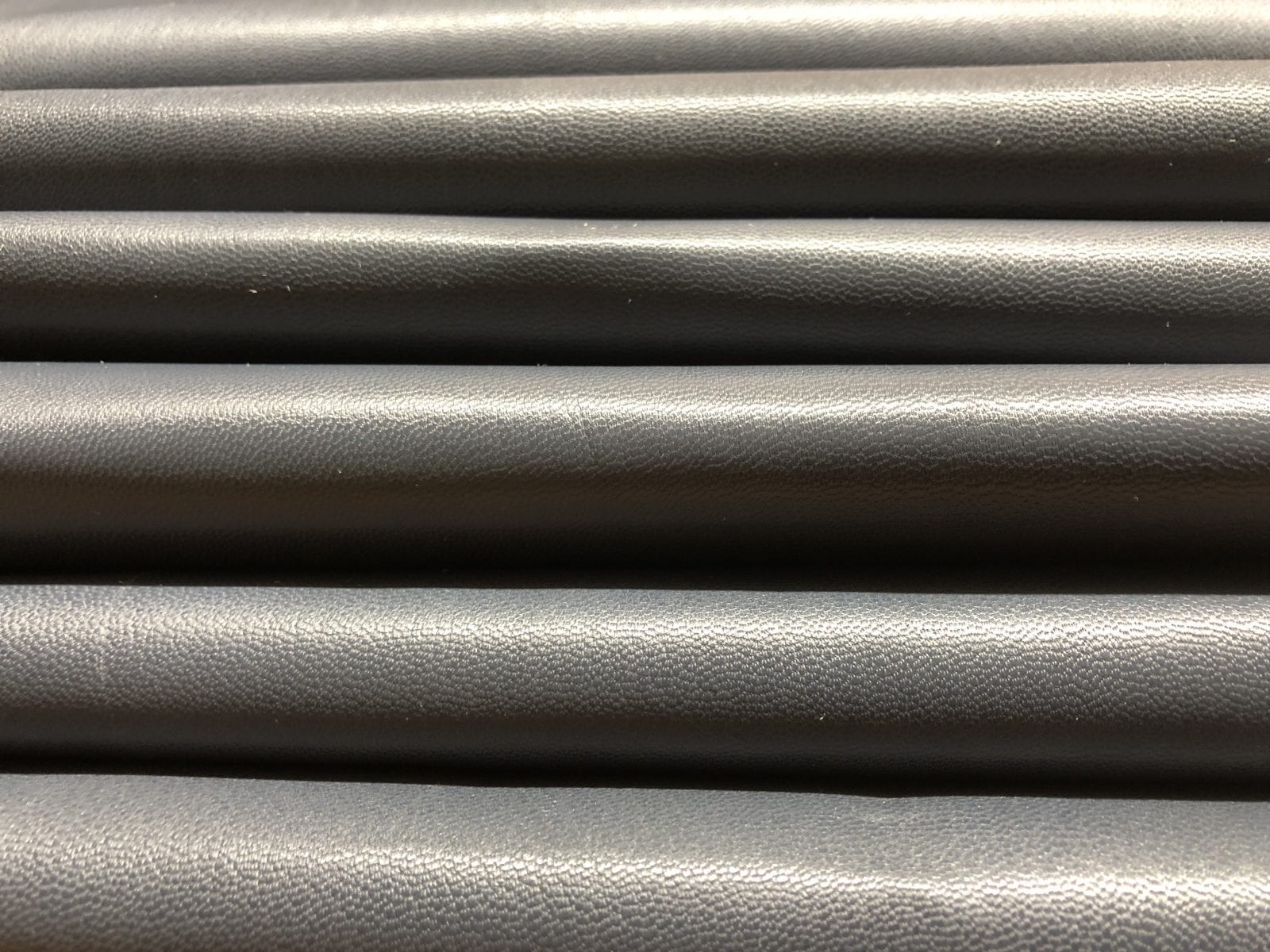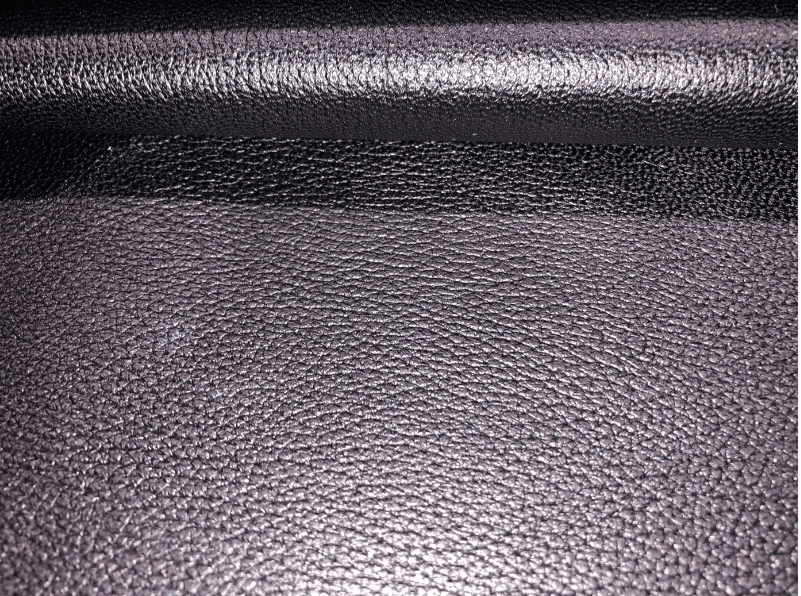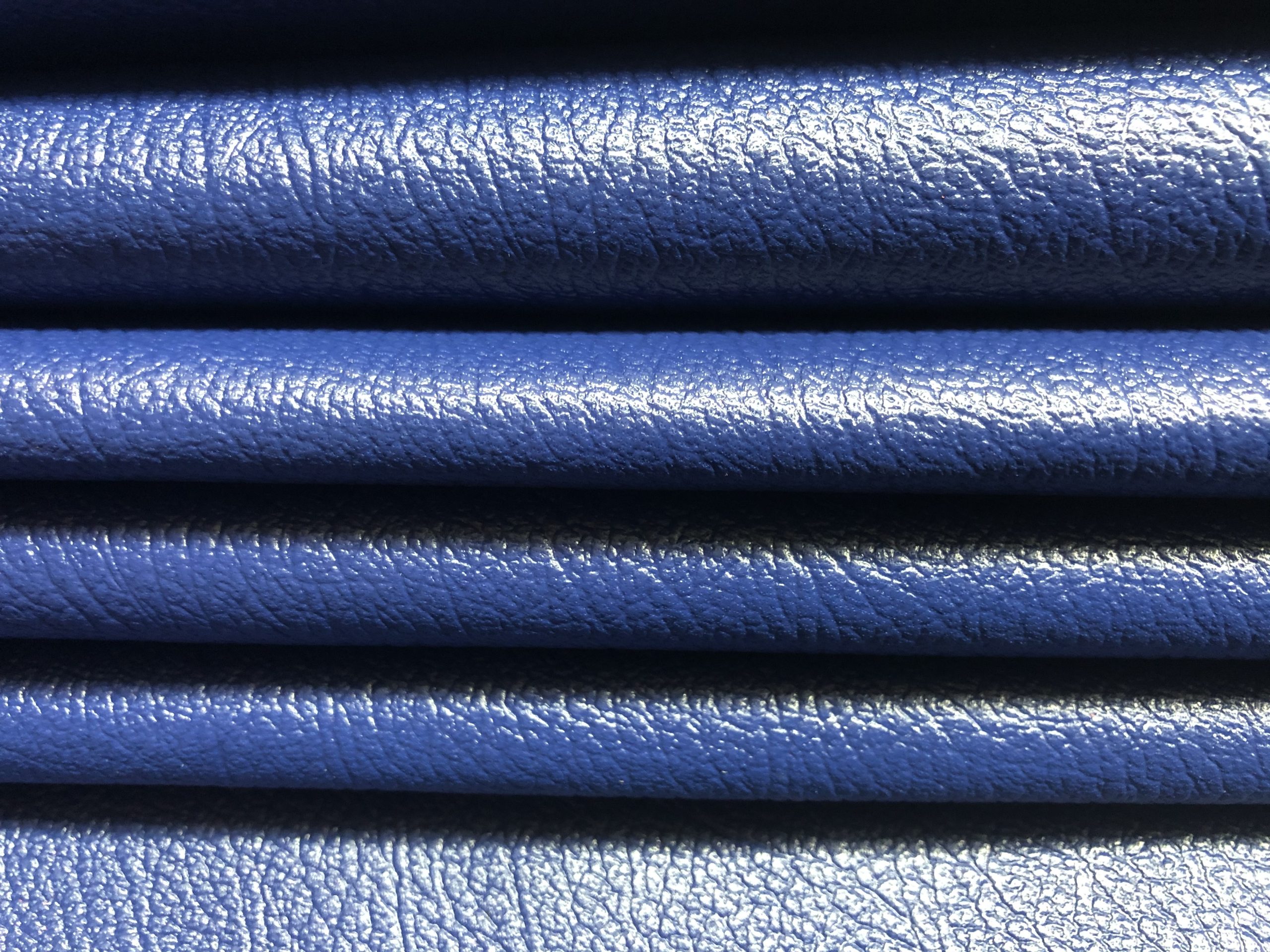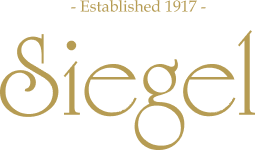Description
Introducing Siegel’s Sokoto™ Traditional Premium Leather, the pinnacle of authenticity and craftsmanship in leather production. Crafted in partnership with Chemist LLC, our Sokoto™ range, including Sokoto™ Morocco, Sokoto™ Traditional, and NTND, is all proudly produced in cooperatives in Sokoto™, Nigeria. Our process is one of community and sustainability; from every production, we set aside funds for local charities. We exclusively use natural biologicals in our production process, maintaining the purity and authenticity of these genuine Sokoto™ skins.
In an industry often confused with imitations, we stand by the authenticity of our product. Numerous competitors resort to using Indian goat skins, or, even African skins which are embossed and tumbled, and, perhaps, using pigments or “frowned upon” retanning agents to hide defects to imitate the rich grain pattern of Nigerian skins. While the industry lacks clear definitions, this method is widely considered as producing ‘imitation’ leather. If it’s imitation you’re looking for, you might need to look elsewhere.
Historically, Sokoto™ goat has held the prime spot as the highest quality vegetable-tanned goat available, as endorsed by the Report of the Committee on Leather for Bookbinding, Royal Society of Arts, London, 1905. Originating from Nigeria, a region in political turmoil, these skins have become extremely difficult to acquire, leading to the prevalence of manipulated grain imitations in the market.
More about our Sokoto™ Goatskins:
The raw stock is handpicked from Sokoto™ and pre-tanned in bagaruwa, a substance derived from the seed pods of the Acacia Arabica tree, before being transported to the EU for coloring and over-tanning.
Our skins average 6.00-6.50 ft each, with a range from 4.75-9.00+ sq ft each, and a substance of 0.8-1.0 mm. The leather is priced per skin and is available in different grades. Grade #1/#2 is ideal for full bindings, while Grade #3 is perfect for three-quarter bindings. Downgrades are primarily due to discoloration, seldom for holes. For current pricing details, please contact us.
With its high-quality, Sokoto™ Traditional Premium Leather also finds its use in crafting fine small leather goods. Choose Siegel’s Sokoto™ Traditional for a touch of history, authenticity, and unparalleled quality.

Our three products, produced by our partnership, Chemist LLC, Sokoto™ Morocco, Sokoto™ Traditional and NTND are all produced in cooperatives in Sokoto™, Nigeria. From every production which we make, funds are additionally set aside and donated to local charities. All of these leathers use natural biologicals in their production to the crust. These are genuine Sokoto™ skins. There is a confusion in the industry with skins produced from Indian goats or African goats, where the grain has been “manipulated” (embossed), then tumbled to produce an imitation and/or given a bit of pigment and/or using an “inappropriate” tanning agent to cover defects. . As there are no longer clear definitions, the preponderance of the trade would not call this a corrected grain, but certainly an imitation. If you are looking for an imitation of the Traditional Nigerian skins you will have to purchase elsewhere.
Throughout history, Sokoto™ goat has been the premier vegetable tanned goat available (see Report of the Committee on Leather for Bookbinding, Royal Society of Arts, London 1905. Because these skins come from Nigeria, a region in political turmoil, they are very difficult to obtain. Other vendors may offer manipulated grain imitations of these skins as this leather is so attractive.
About Sokoto™ Goatskins
The raw stock is selected from Sokoto™. The skins are pre-tanned in bagaruwa, prepared from the seed pods of the bagaruwa tree (also known as Acacia Arabica). They are then shipped to the EU to be colored and over-tanned.
Skins average 6.00-6.50 ft/each; range in size from 4.75-9.00+ sq ft/each Substance is 0.8-1.0 mm
The leather is priced per skin. Grade #1/#2 is suitable for full bindings. Grade #3 is for three-quarter bindings.
The downgrading is primarily for discoloration, rarely for holes. Our current price structure is as follows: (This leather is also suitable for fine small leather goods.)

